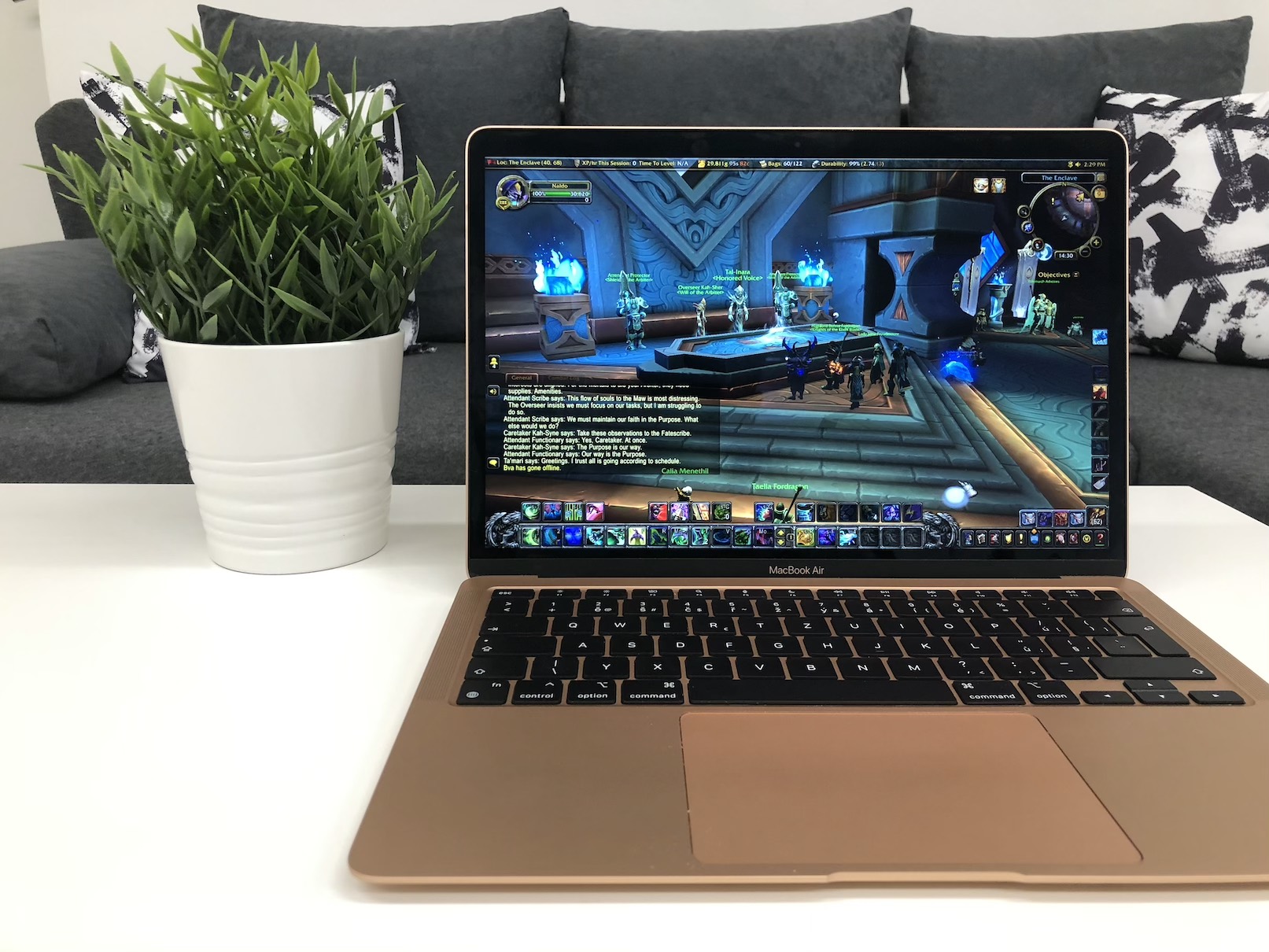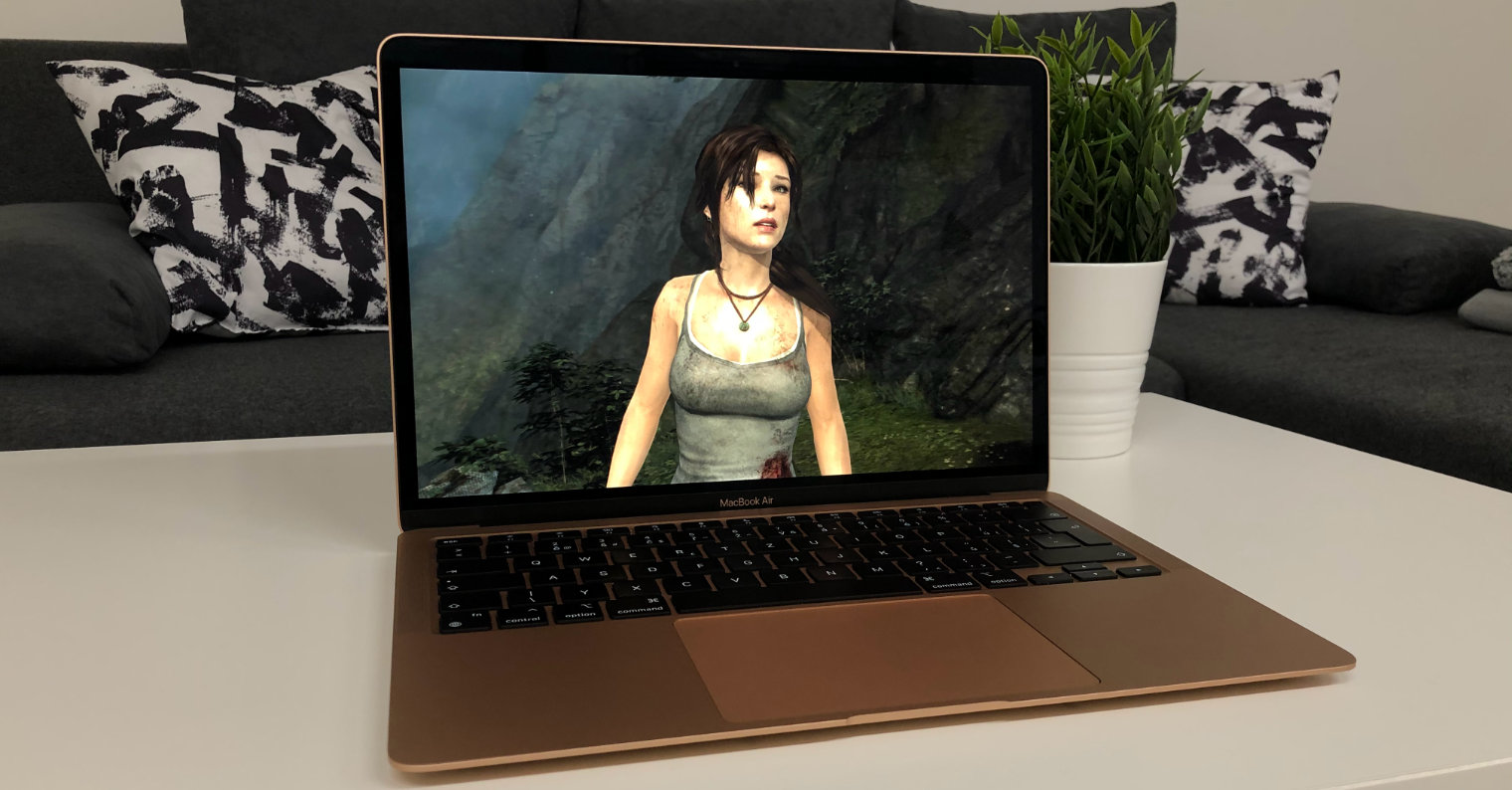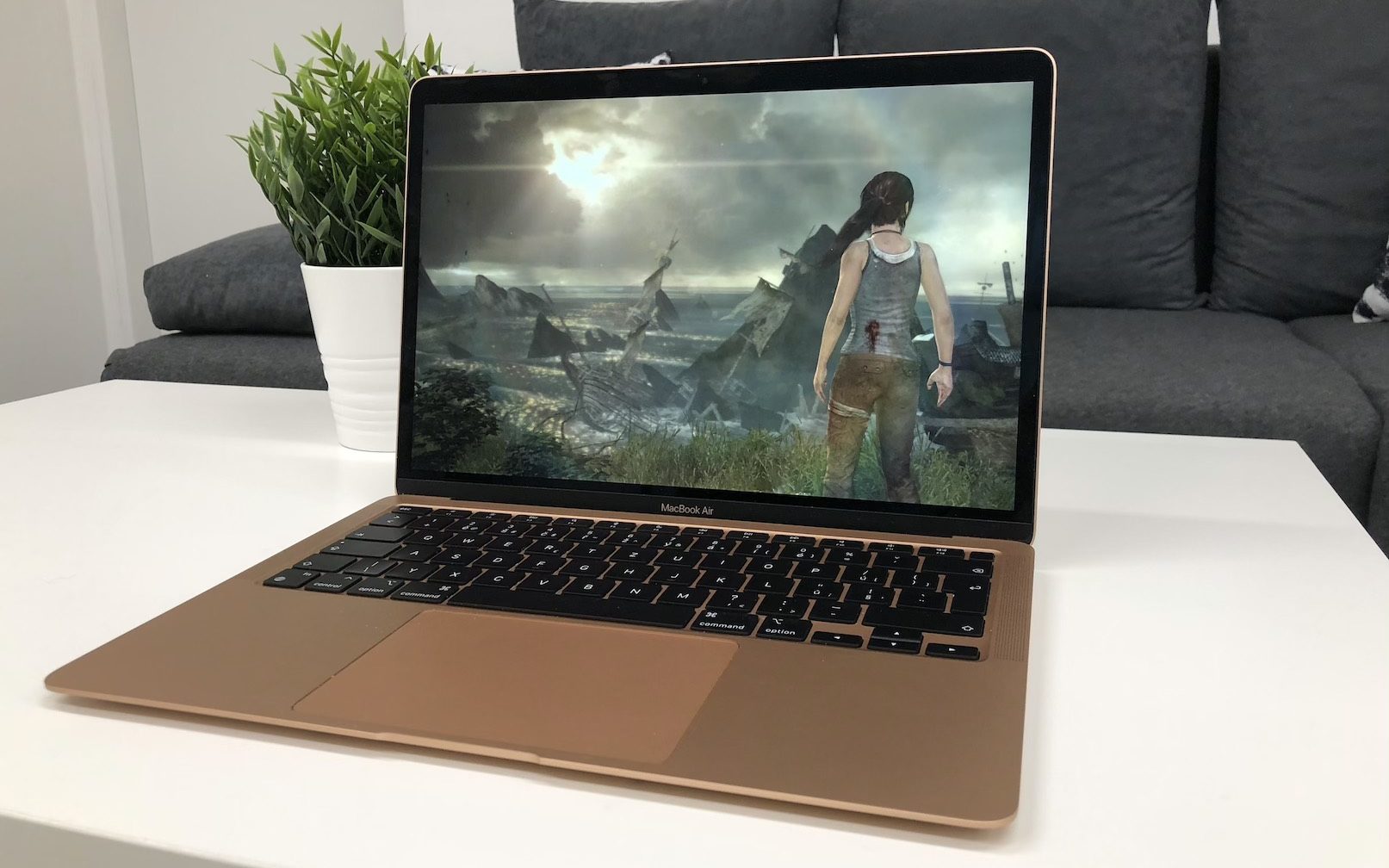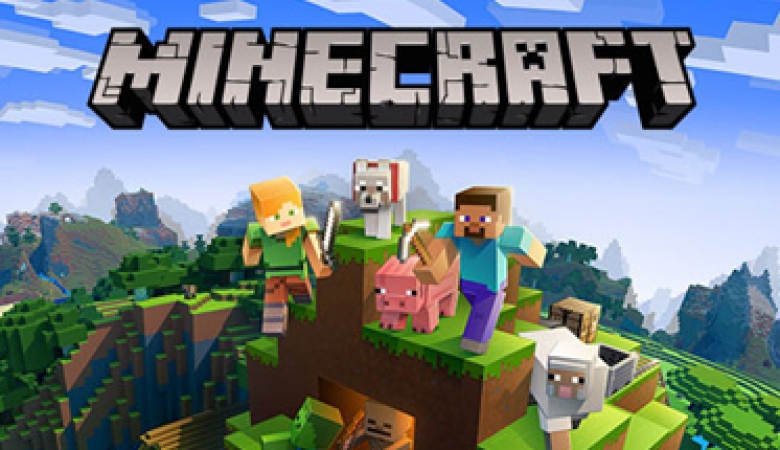The transition from Intel processors to Apple Silicon ushered in a whole new era of Apple computers. They thus improved especially in the area of performance and saw a reduction in consumption, which they owe to the fact that they are based on a different architecture. On the other hand, it also brings with it certain complications. All applications must be redesigned (optimized) for the newer Apple Silicon platform. But something like this cannot be solved overnight and it is a long-lasting process that cannot be done without auxiliary "crutches".
It could be interest you

For this reason, Apple bet on a solution called Rosetta 2. This is an additional layer that takes care of translating the application from one platform (x86 - Intel Mac) to another (ARM - Apple Silicon Mac). Unfortunately, something like this requires extra performance. In general, however, it can be said that precisely for this reason, it is extremely necessary for us as users to have so-called optimized applications at our disposal, which, thanks to this, run significantly better and the entire Mac is more nimble.
Apple Silicon and gaming
Some casual gamers saw a huge opportunity in the transition to Apple Silicon - if the performance increases so dramatically, does this mean that the entire Apple platform is opening up for gaming? Although at first glance it seemed that big changes were waiting for us, so far we have not seen any of them. For one thing, the notorious lack of games for macOS is still valid, and if we already have them, they run through Rosetta 2 and therefore may not work at their best. He just got into it head on Blizzard with its cult MMORPG World of Warcraft, which was optimized in the first weeks. But nothing major has happened since then.
The original enthusiasm evaporated very quickly. In short, developers are not interested in optimizing their games, as it would cost them a lot of effort with an unclear result. But hope dies last. There is still one company here that could push for the arrival of at least a few interesting titles. We are, of course, talking about Feral Interactive. This company has been dedicated to porting AAA games to macOS for years, which it has been doing since 1996, and during its time it has faced a number of fundamental changes. These include moving from PowerPC to Intel, dropping support for 32-bit apps/games, and moving to the Metal graphics API. Now the company faces another similar challenge, i.e. the transition to Apple Silicon.

Changes will come, but it will take time
According to available information, Feral believes that Apple Silicon opens the door to unprecedented opportunities. As we've mentioned several times ourselves, gaming on Macs has been a huge problem up until now, for a relatively simple reason. Above all, the basic models did not have sufficient performance. Inside, there was an Intel processor with integrated graphics, which is simply not enough for something like this. However, switching to Apple Silicon significantly increased graphics performance.
It could be interest you

As it seems, Feral Interactive is not idle, because at the moment it is already worth releasing two fully optimized games for Apple Silicon. Particulary speaking about Total War: Rome Remastered a Total War: Warhammer III. In the past, anyway, the company focused on the port of significantly more popular games, for example from the Tomb Raider series, Shadow of Mordor, Bioshock 2, Life is Strange 2 and others. Gaming on Macs (with Apple Silicon) is still not written off. Rather, it just looks like we'll have to wait a while.
 Adam Kos
Adam Kos 




That's a nice wish, but it's quite easy to differentiate against Intel GPUs, but it's no longer possible against mid-range and high-end gaming GPUs.
Not such a frugal mobile SoC as Mx does not have the power to pull off basic AAA titles without cutting resolution and details against consoles or Geforce/radeon gaming chips. And reducing detail, resolution, using pre-rendered animations instead of ingame is not optimization for SoC Mx
Still, primarily people will buy base and play conversions of mobile titles.
It will help with higher models of Mx tvz eGPU, but for the lower ones, they do not have enough PCIe lines.